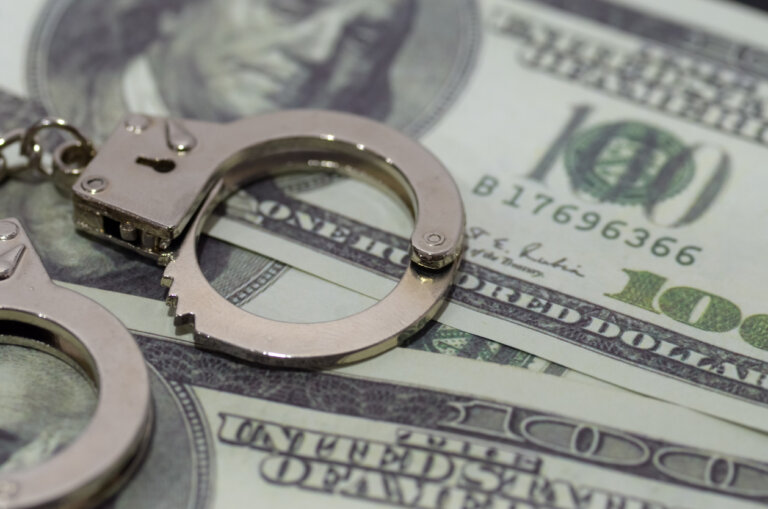Theft can quickly turn from a minor offense into a serious felony, depending on the circumstances. In Florida, when the value of stolen property crosses a certain threshold, the legal consequences escalate. A felony conviction for grand theft carries not only harsh penalties but can also have long-term effects on your life, including your career and personal reputation. If you or someone you know is facing these charges, it’s important to understand what’s at stake and the legal options available.
What Is Grand Larceny in Florida?
In Florida, grand larceny, more commonly referred to as “grand theft,” is a serious felony offense. The charge applies when the value of the stolen property exceeds a specific amount, typically $750. The law breaks grand theft down into three degrees based on the value of the property involved, with penalties increasing as the value rises.
Here’s how Florida categorizes grand theft:
- Third-degree grand theft: Involves stolen property valued between $750 and $20,000. This is the least severe form of grand theft but is still a felony.
- Second-degree grand theft: Involves property valued between $20,000 and $100,000.
- First-degree grand theft: The most serious form involving property worth more than $100,000.
Grand theft can also apply to specific types of property regardless of value, such as firearms, motor vehicles, or controlled substances.
Penalties for Grand Larceny in Florida
The penalties for grand larceny, or grand theft, in Florida depend on the degree of the crime, which is based on the value of the stolen property. As the value increases, so do the potential legal consequences, including longer prison sentences and higher fines.
Here’s a breakdown of the penalties:
- Third-degree grand theft: If the property is valued between $750 and $20,000, penalties include up to five years in prison, five years of probation, and a fine of up to $5,000.
- Second-degree grand theft: For property valued between $20,000 and $100,000, the penalties increase to up to 15 years in prison, 15 years of probation, and fines of up to $10,000.
- First-degree grand theft: If the stolen property is worth more than $100,000, this offense carries up to 30 years in prison, probation, and fines that can reach $10,000 or more.
Additionally, if the theft involved aggravating factors like the use of a weapon or damage to property, the penalties could be even more severe.
Defending Against Grand Larceny Charges
Defending against grand larceny charges in Florida requires a clear strategy tailored to the specifics of your case. A strong defense can lead to reduced charges, a lesser sentence, or even a dismissal. Some of the most common defense strategies for grand larceny include:
- Lack of intent: One of the strongest defenses is showing that there was no intent to permanently deprive the owner of their property. If it can be proven that the accused did not intend to steal, the charges may be reduced or dropped.
- Mistaken identity: In some cases, the accused may be wrongfully identified as the thief. Proving that someone else committed the crime can lead to a full acquittal.
- Claim of right: This defense argues that the accused believed they had a legal right to the property in question.
- Value dispute: If the value of the stolen property can be shown to be less than the threshold for grand theft, the charges might be reduced to misdemeanor theft.
Help with Grand Larceny Charges
At Van Elswyk Law, we understand how overwhelming grand larceny charges can be, and we’re here to help you protect your rights and build a strong defense. Whether you’re facing charges or have questions about your case, we’re ready to guide you. Contact us today for a consultation and to discuss your legal options.

